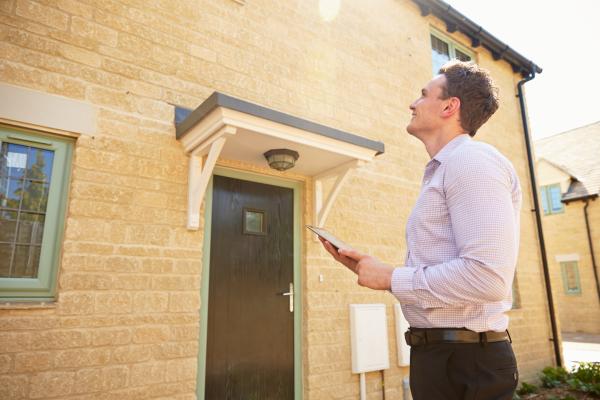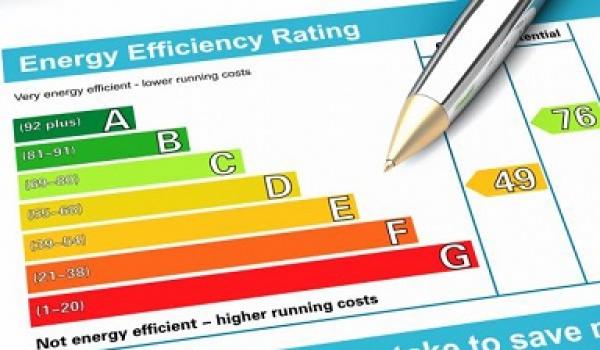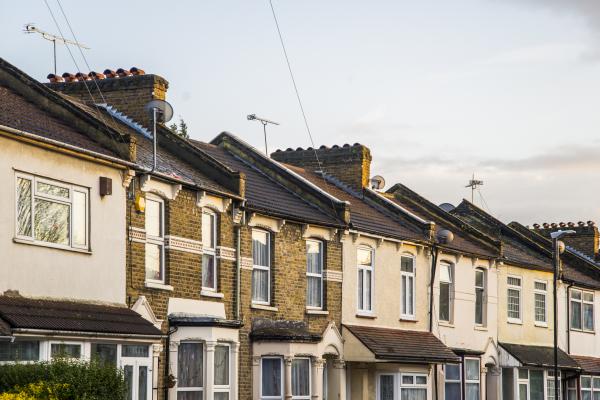
Today, we hear from a well known face of the industry - Paul Shamplina, founder of Landlord Action, author, and TV Presenter for Channel 5.

Today, we hear from a well known face of the industry - Paul Shamplina, founder of Landlord Action, author, and TV Presenter for Channel 5.

So you want to be a landlord? It seems a pretty easy business to get into. And you can make a living. Sometimes even a good one. But it isn't quite as easy as hanging a 'To Let' sign in the front garden and waiting for a tenant with pocketfuls of cash to come knocking on your door.

It's an issue private landlords see quite often. Two or more people move into a property and are happy to sign a joint tenancy agreement. All goes well until suddenly one of the tenants decides they want to leave before the end of the fixed term. This obviously causes problems. Especially if the other tenant(s) wishes to stay in the property. But what do you the landlord do when this happens? What's the situation with the tenancy? And the remaining tenants?

To advertise on Primelocation private landlords must engage a letting agency. PrimeLocation is one of the UK's most popular property portals. It lists thousands of rentals from all around the country and receives 5,000,000 visits every month from people looking for their next home. It's the ideal place to advertise your property if you want to find a tenant fast.

Once a tenant moves into your property it's tempting to think you're in for a carefree six months. The tenant will be as a nice a person as they seem and will respect and look after their new home. Above all you hope the rent money will arrive in full and on schedule.

Most assured shorthold tenancies have a fixed term of six or twelve months. There are always exceptions of course but most tenancies will fit into that bracket. The tenancy agreement will specify the length of the fixed term. What happens at the end of that fixed term depends on whether the tenant moves out or remains in the property.

As a private landlord, your property must have an Energy Performance Certificate (EPC). The EPC measures energy efficiency. Ratings run from A (the highest) to G (the lowest). A numerical value is also attached to the grade. This will be between 0-100. The higher the number the more efficient the property and the lower the fuel bills.

Repairs and maintenance can be a big expense for any landlord. Reducing those expenses can play a big part in keeping your head above water. Of course, not everyone is comfortable with a hammer and saw in hand. But there are plenty of tasks landlords with some degree of hand-eye coordination can confidently take on. And every repair or maintenance task you can do yourself is money saved.

Finding a buy to let property in London isn't easy. Property is expensive but with prices increasing private landlords with an eye on capital gains could find plenty of opportunities. But most buy to let landlords will have an eye on rental yields. And there are still some areas of the capital which can provide a good return on investment.

The Prime Minister Theresa May has heralded a new era in the housing market by announcing an end to the borrowing rules that have prevented local councils funding the development of new council properties.

No private landlord wants to evict a tenant. If you have to evict anyone it means there have been some serious issues. Which no landlord wants. Especially as the whole eviction process can be stressful and expensive.

Many dentists consider property investment and if increasing your financial stability, improving your pension options or just doing something more in your spare time sounds interesting, then property investing is the one for you. We've teamed up with 360 Dental Care to give you and other dentists advice about what is a must-know when it comes to property investments.